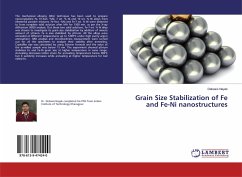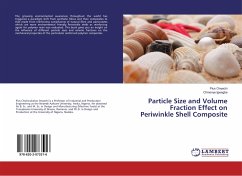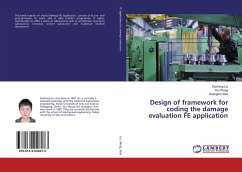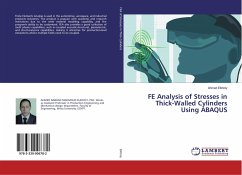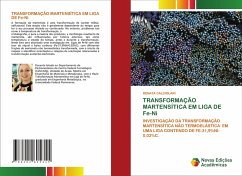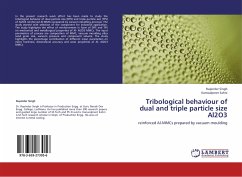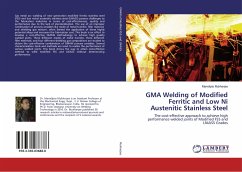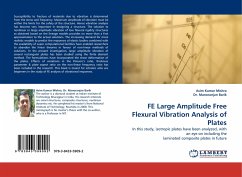The mechanical alloying (MA) technique has been used to prepare nanocrystalline Fe, Fe-5wt. %Ni, 7 wt. % Ni and 10 wt. % Ni alloys from elemental powder mixtures. Fe-5wt. %Ni and Fe-7 wt. % Ni were detected to form complete solid solution after MA for 1500 min. as per the X-ray diffraction (XRD) analysis. Out these two solid solutions, Fe-7 wt. % Ni alloy was chosen to investigate its grain size stabilization by addition of minute amount of yttrium. Fe is also stabilized by yttrium. All the alloys were annealed at different temperatures up to 1200ºC under high purity argon atmosphere. XRD analysis and microhardness measurement were carried out for all the specimens to analyze their stability after annealing. Crystallite size was calculated by using Scherer formula and the value of the as-milled sample was below 15 nm. The experiment showed yttrium stabilizes Fe and Fe-Ni grain size at higher temperature in nano range. Annealing decreases lattice strain for annealing temperature below 900°C but it suddenly increases while annealing at higher temperature for ball milled Fe.
Bitte wählen Sie Ihr Anliegen aus.
Rechnungen
Retourenschein anfordern
Bestellstatus
Storno

